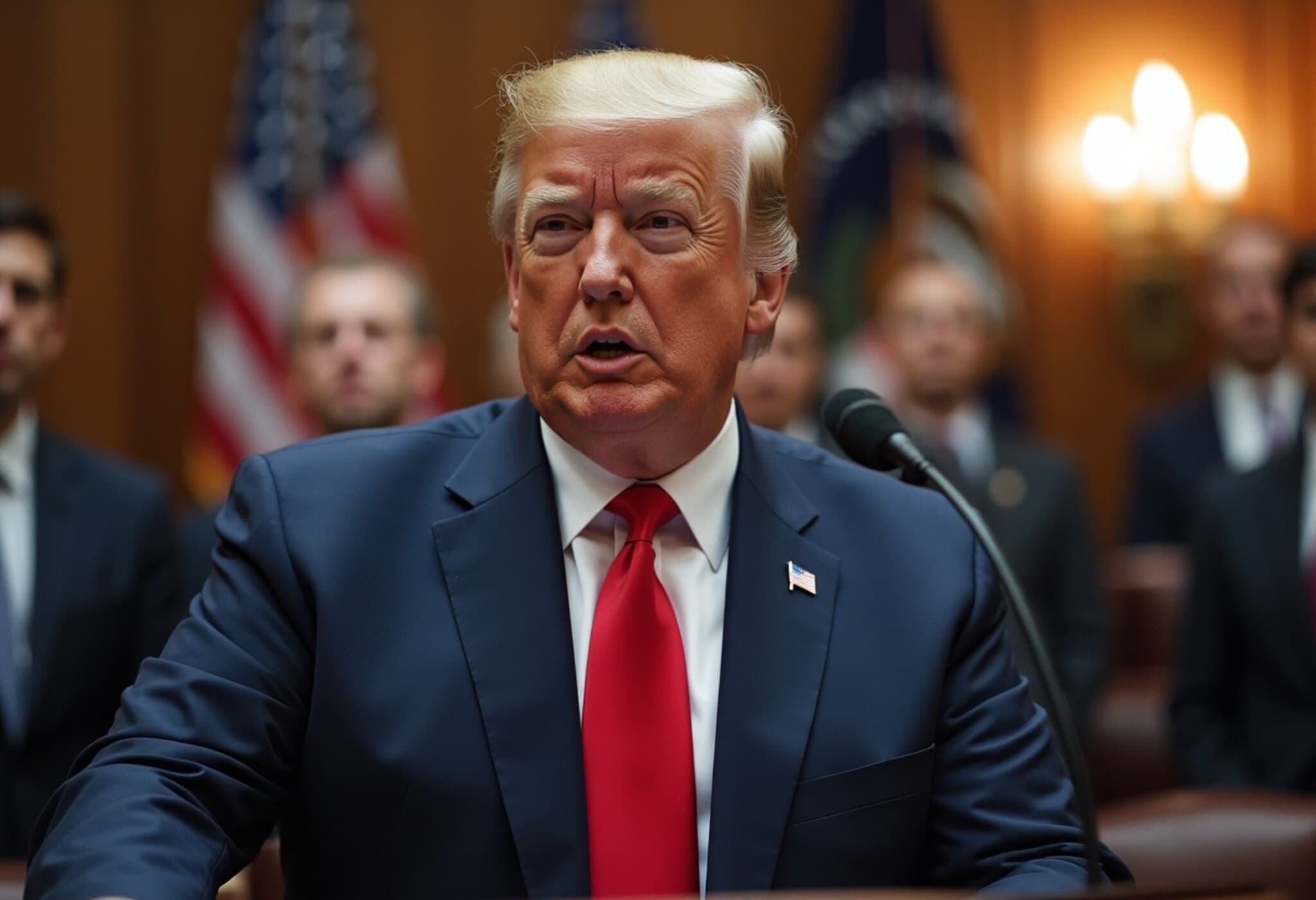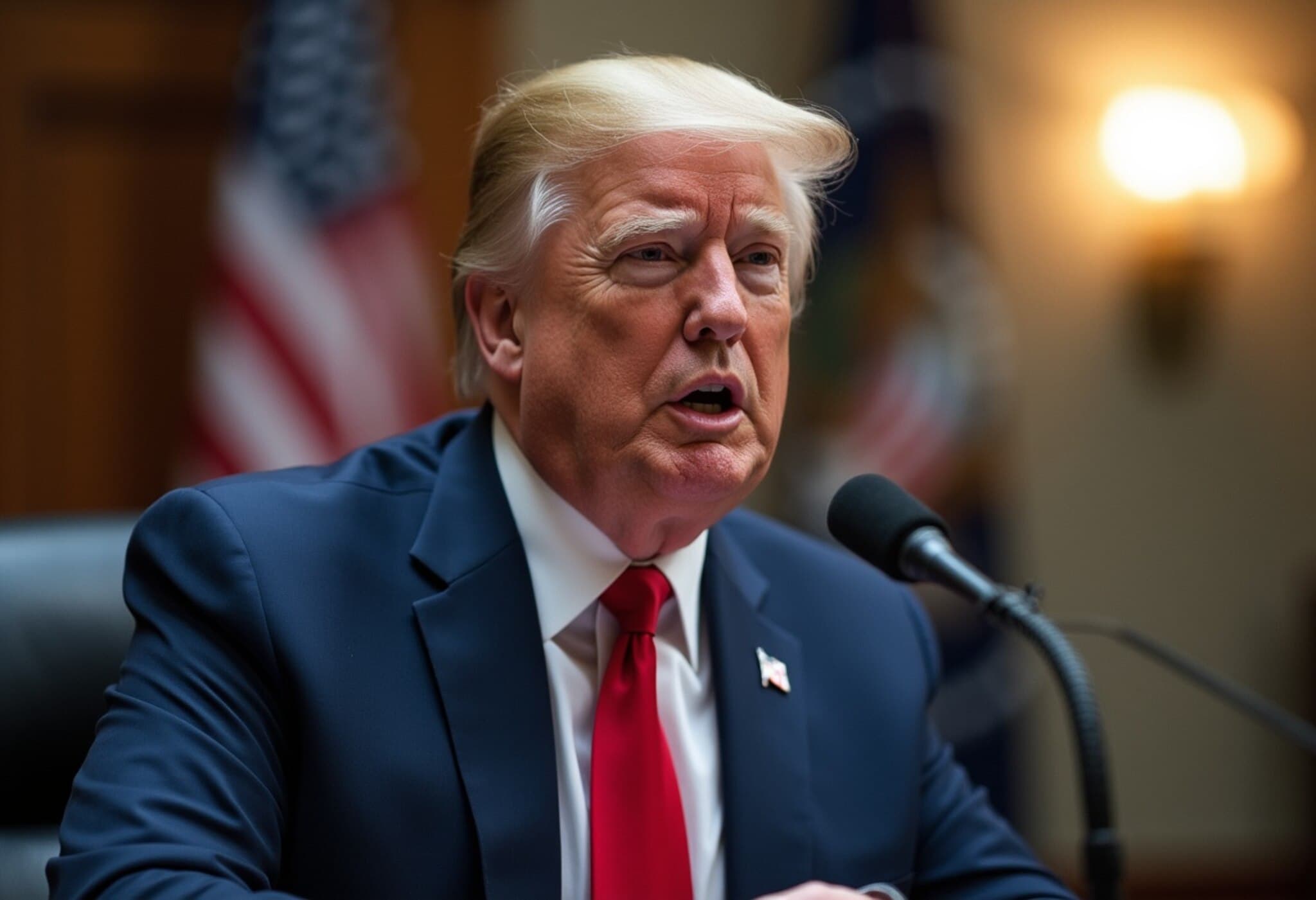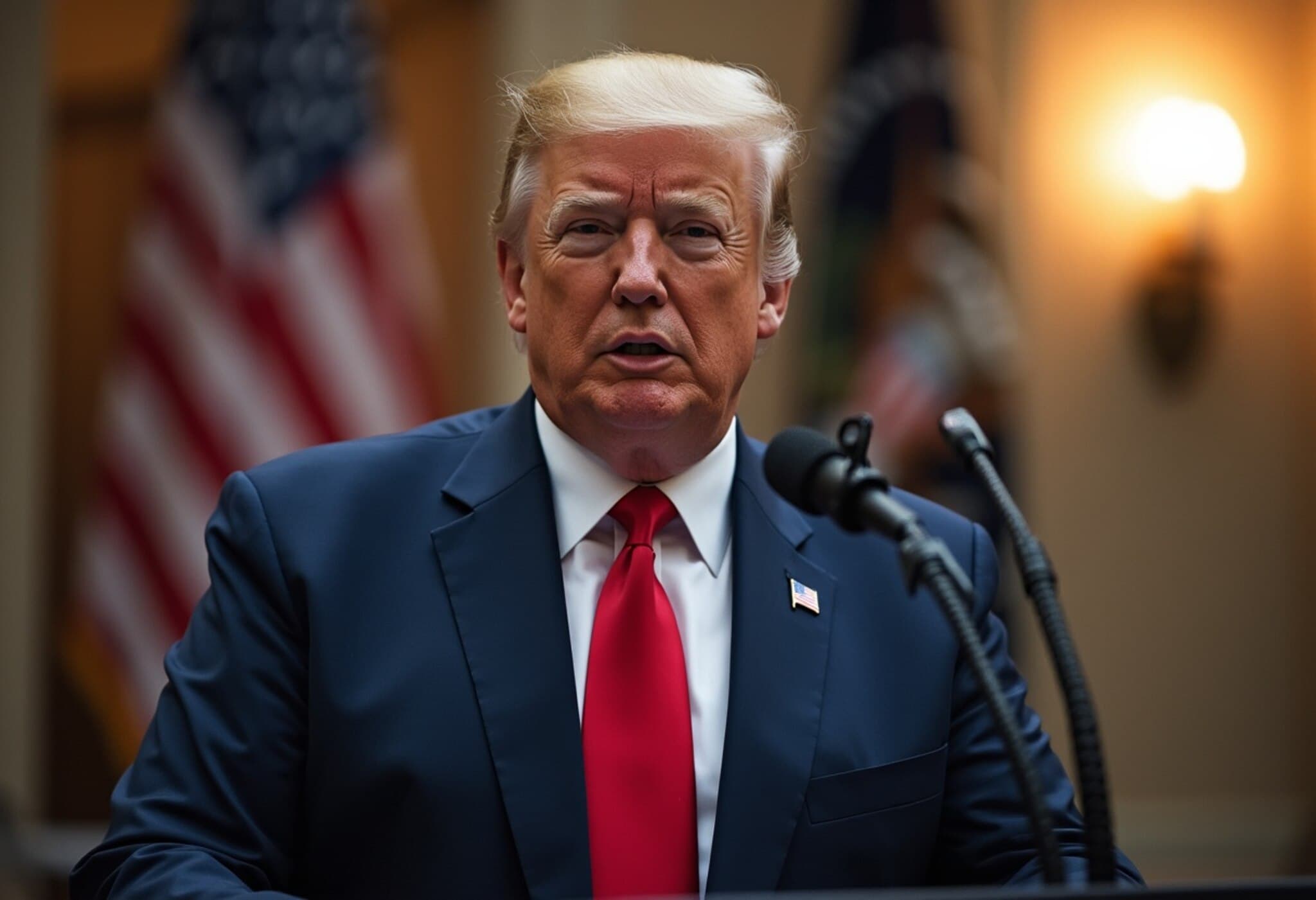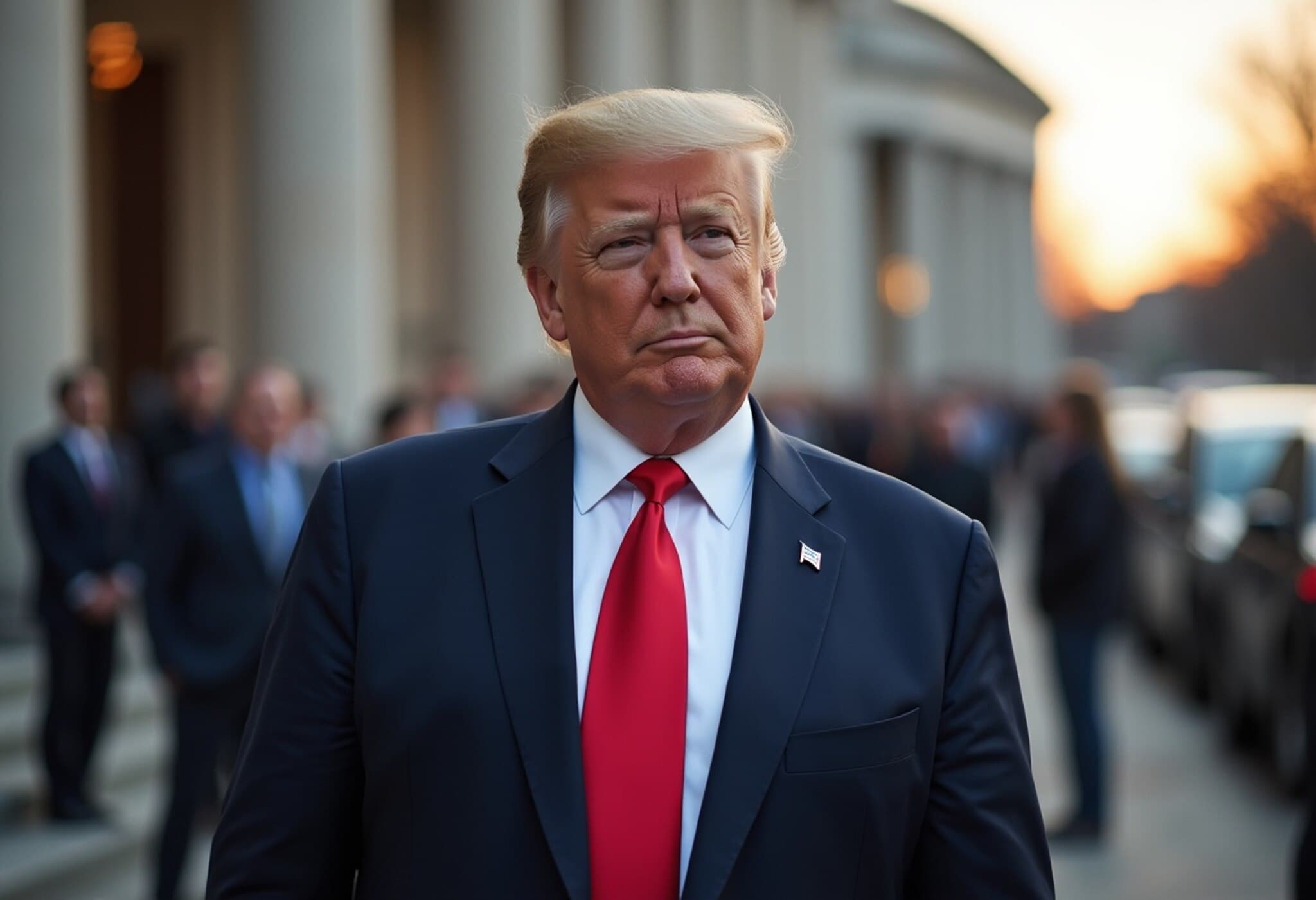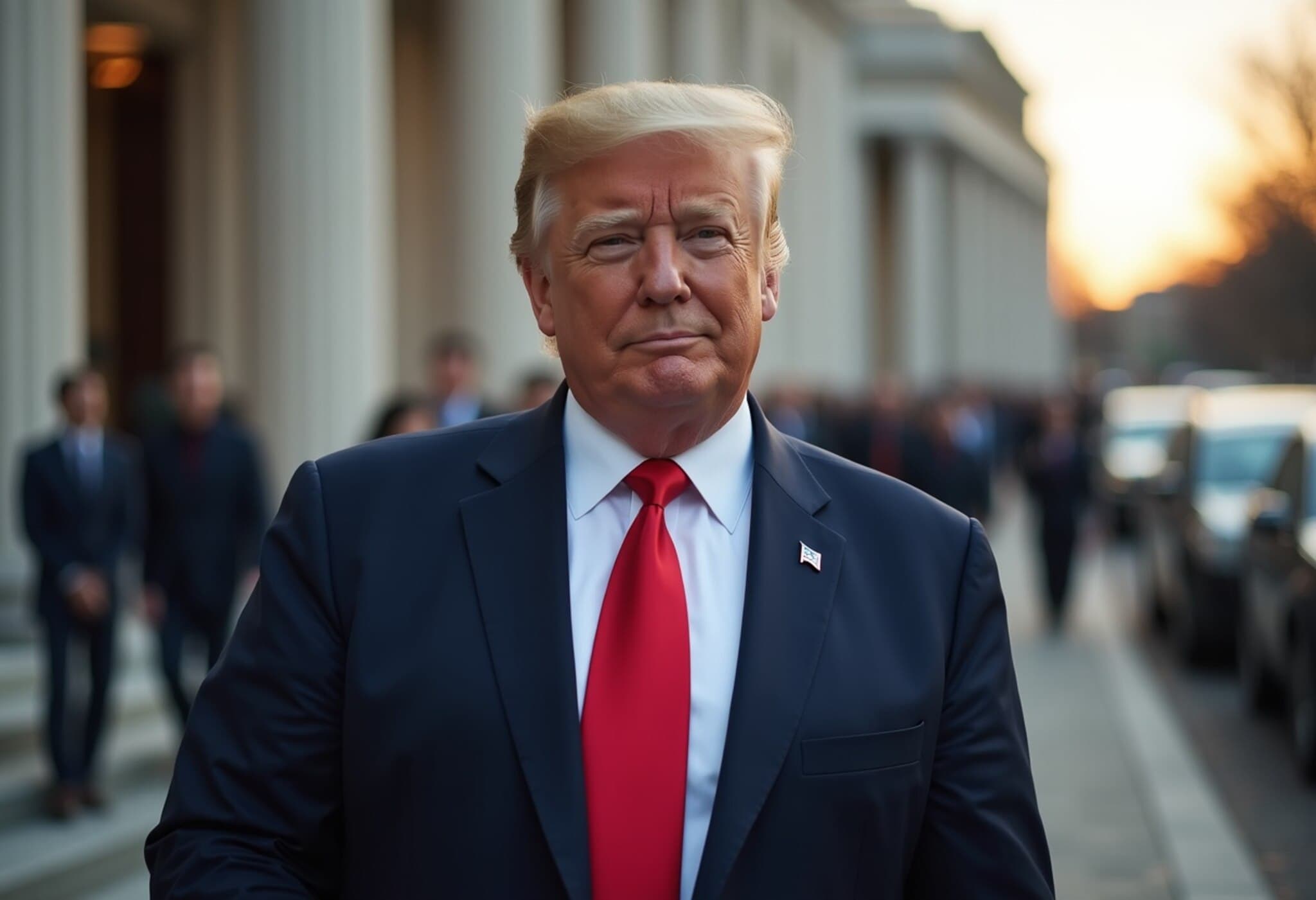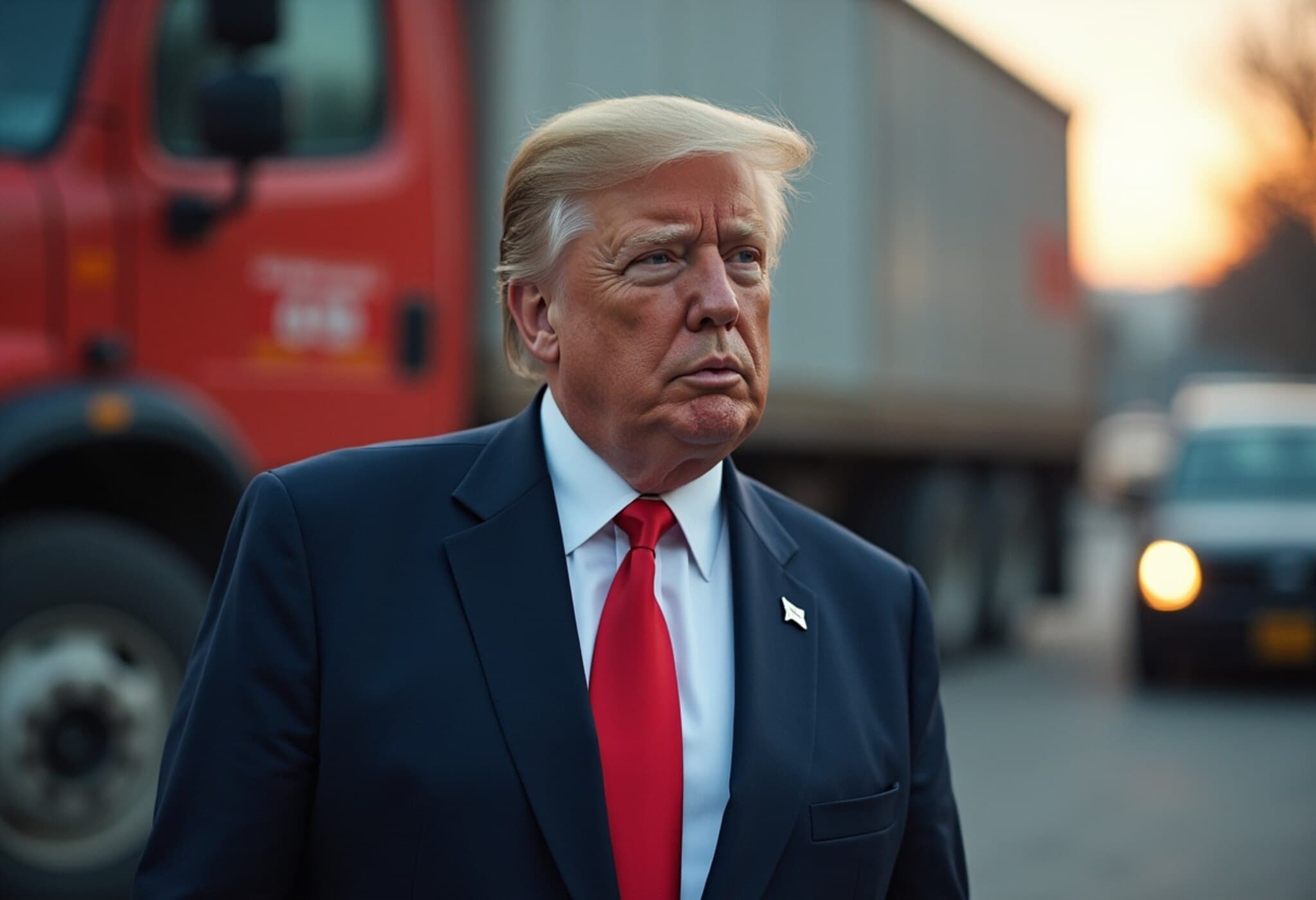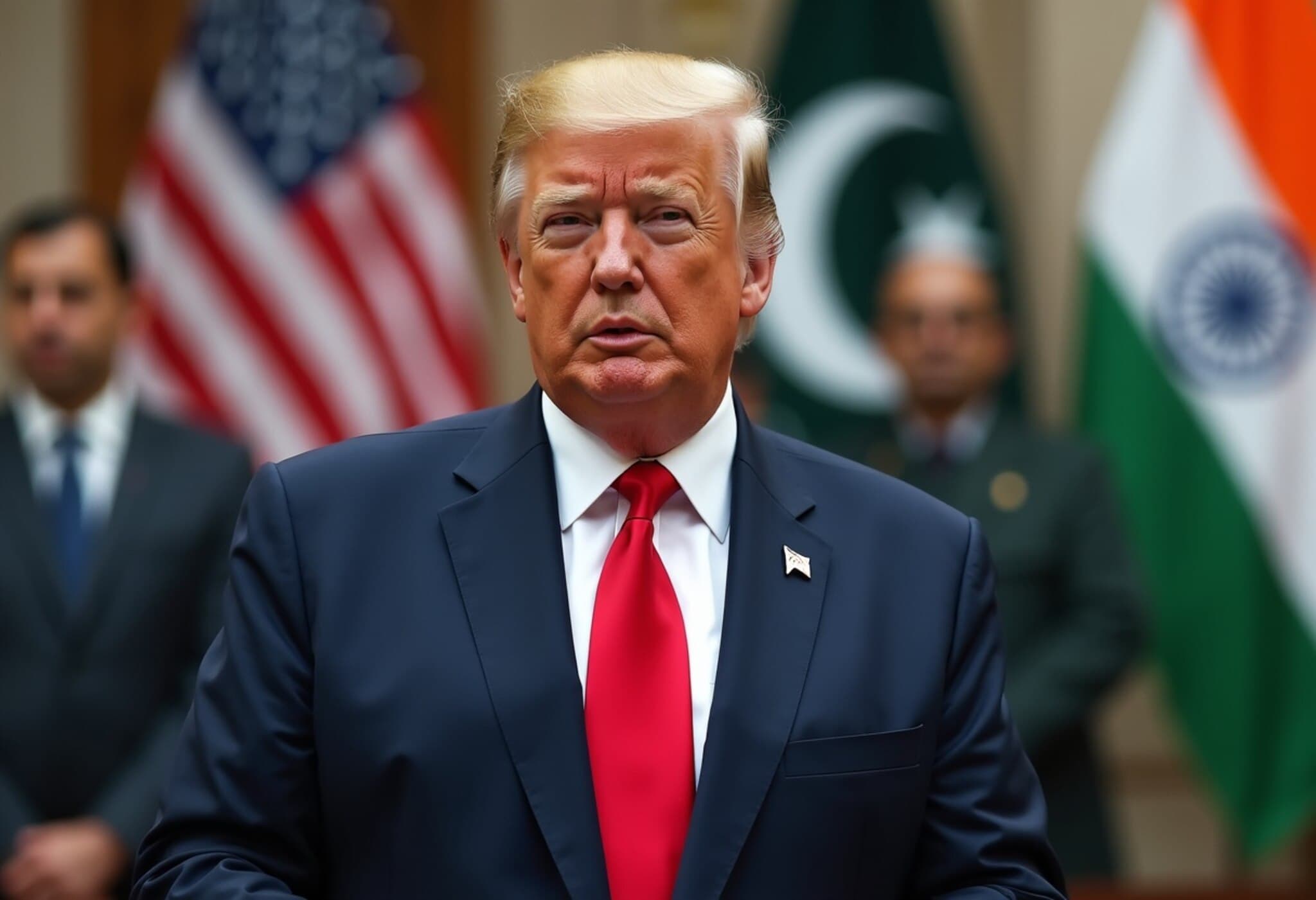Federal Judge Mulls Nationwide Injunction Against Trump’s Birthright Citizenship Policy
In a high-stakes legal battle that underscores the continuing controversy over immigration and constitutional rights, a federal judge in Boston is weighing whether to maintain a nationwide injunction against former President Donald Trump’s executive order seeking to restrict birthright citizenship. This development follows a recent U.S. Supreme Court ruling that has complicated the ability of lower courts to issue sweeping blocks on White House policies.
Background: The Executive Order and Legal Challenges
Trump’s executive order, issued with the intention of limiting birthright citizenship, stipulates that children born on U.S. soil after February 19, 2025, are not automatically citizens unless at least one parent is a U.S. citizen or lawful permanent resident. This move ignited significant controversy as it attempts to alter a long-standing interpretation of the 14th Amendment of the U.S. Constitution — which guarantees citizenship to virtually anyone born in the United States.
States led by Democrats, including New Jersey representing a coalition of 18 states and the District of Columbia, have mounted legal challenges, arguing the order is unconstitutional and would lead to administrative chaos and confusion.
The Role of U.S. District Judge Indira Talwani Sorokin
Judge Sorokin, who initially blocked the executive order in February 2025, must now reassess the injunction in light of the Supreme Court’s June decision. This landmark ruling, authored by conservative Justice Amy Coney Barrett, did not settle the legality of the birthright citizenship policy itself but criticized the widespread use of nationwide injunctions that block policies across the entire country without consideration of localized impacts.
New Jersey’s attorney Shankar Duraiswamy argued that only a nationwide injunction can prevent enormous logistical problems for states administering federal programs such as Medicaid and avoid creating a patchwork legal landscape. He emphasized:
“Half-measures are not warranted when enjoining a flagrantly unconstitutional executive action.” Duraiswamy warned of a potential “sea change” in citizenship law being rushed through without legislative or constitutional authority.
Opposing Views and Legal Nuances
The Justice Department, represented by Eric Hamilton, pushed back by insisting the states must suggest narrower remedies consistent with the Supreme Court’s guidance. Hamilton characterized the harms alleged by the states as primarily monetary and typical of disputes that do not warrant injunctions.
Judge Sorokin countered, noting that an appellate court had already rejected the government’s argument, signaling potential resistance to narrowing the scope of the injunction. He indicated a written opinion would be forthcoming in the next few weeks.
The Broader Implications and Future Trajectory
This case is likely a harbinger of continued tumult on immigration policy in U.S. courts. With a recent nationwide injunction also granted by a New Hampshire judge, it is apparent that lower courts are willing to push back against the executive order aggressively. However, the Supreme Court’s reluctance to directly address the constitutionality of the policy while restricting nationwide injunctions adds layers of complexity.
Experts suggest that the evolving judicial interpretation of nationwide injunctions might redefine how controversial federal policies are challenged in court, with significant implications for state administration and immigrant communities.
- Complex Administrative Impact: Partial enforcement could disrupt state-run programs and burden social services.
- Legal Precedent: The case highlights tensions in federalism and the limits of executive power.
- Social Concerns: Confusion among immigrant families and potential internal migration to states unaffected by the order.
Expert Insight
From a legal policy perspective, this dispute underscores a critical question: how far can executive authority reach in redefining constitutional rights without Congressional input? Furthermore, the controversy illuminates the challenge of balancing judicial remedies with practical governance. Nationwide injunctions, while providing uniform relief, can sometimes freeze policies across the country based on localized claims. Conversely, limiting their scope risks fragmented enforcement and unequal treatment under the law.
For American states, the outcome has tangible consequences beyond mere legal technicalities. Medicaid, education, and public health systems depend heavily on citizenship status for eligibility. Uncertainty in these policies could strain resources or disrupt access to essential services for millions.
Looking Ahead
As Judge Sorokin prepares to rule, the nation watches closely. The unfolding legal drama not only tests the resilience of constitutional protections but also challenges the judiciary’s role in shaping immigration policy amid a deeply polarized political climate. Ultimately, the case may find its way back to the Supreme Court, demanding a decisive stance on the birthright citizenship debate.

